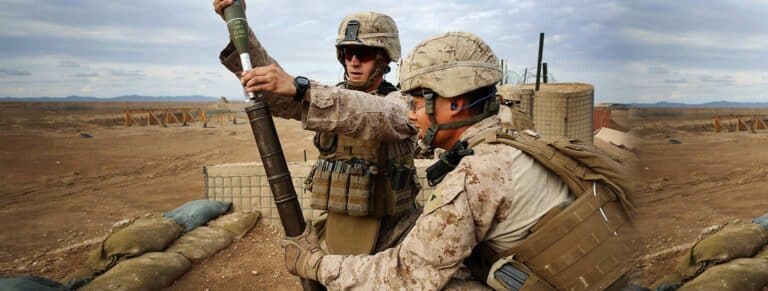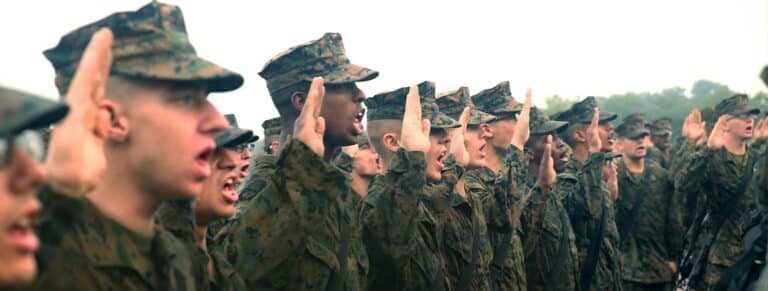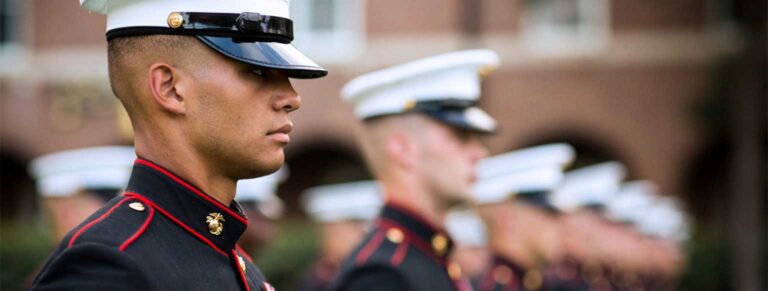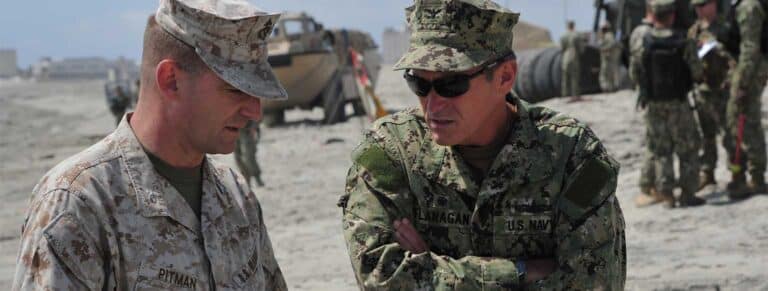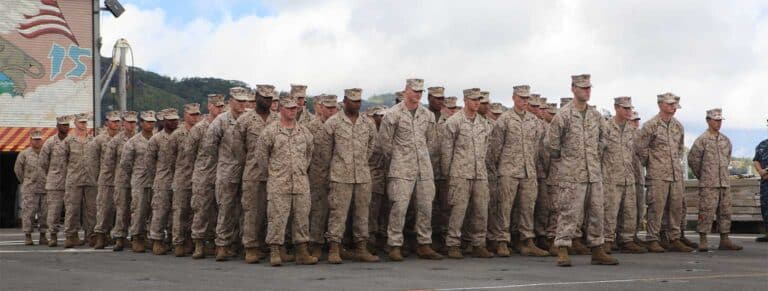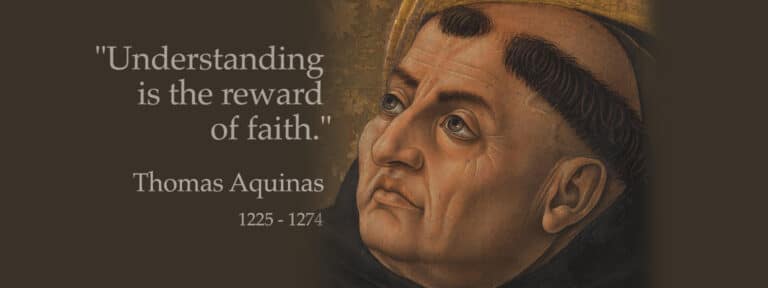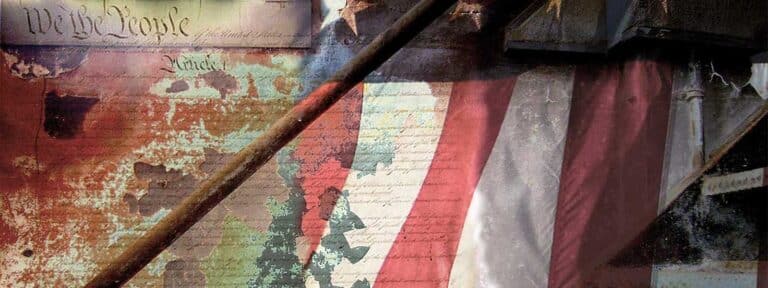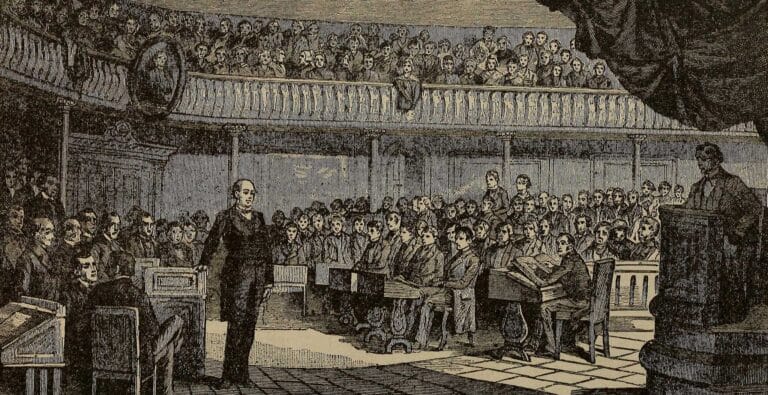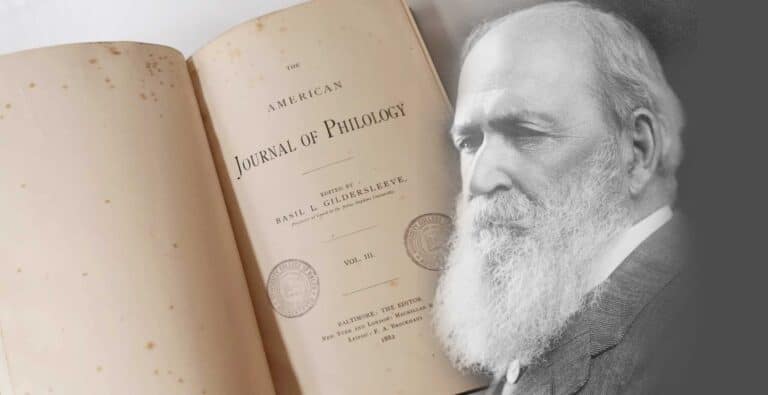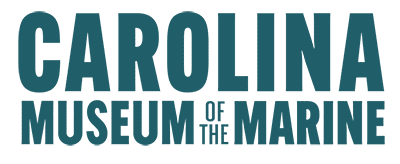Marine Corps Principles and Traits of Leadership, Part 1
The Marine Corps recognizes eleven principles of leadership and fourteen traits of leaders. In this and coming editions of “Front and Center,” we will present these principles and traits, discussing them as the Marine Corps understands them, and considering them in a broader perspective as they apply more generally to Americans whether or not they…

